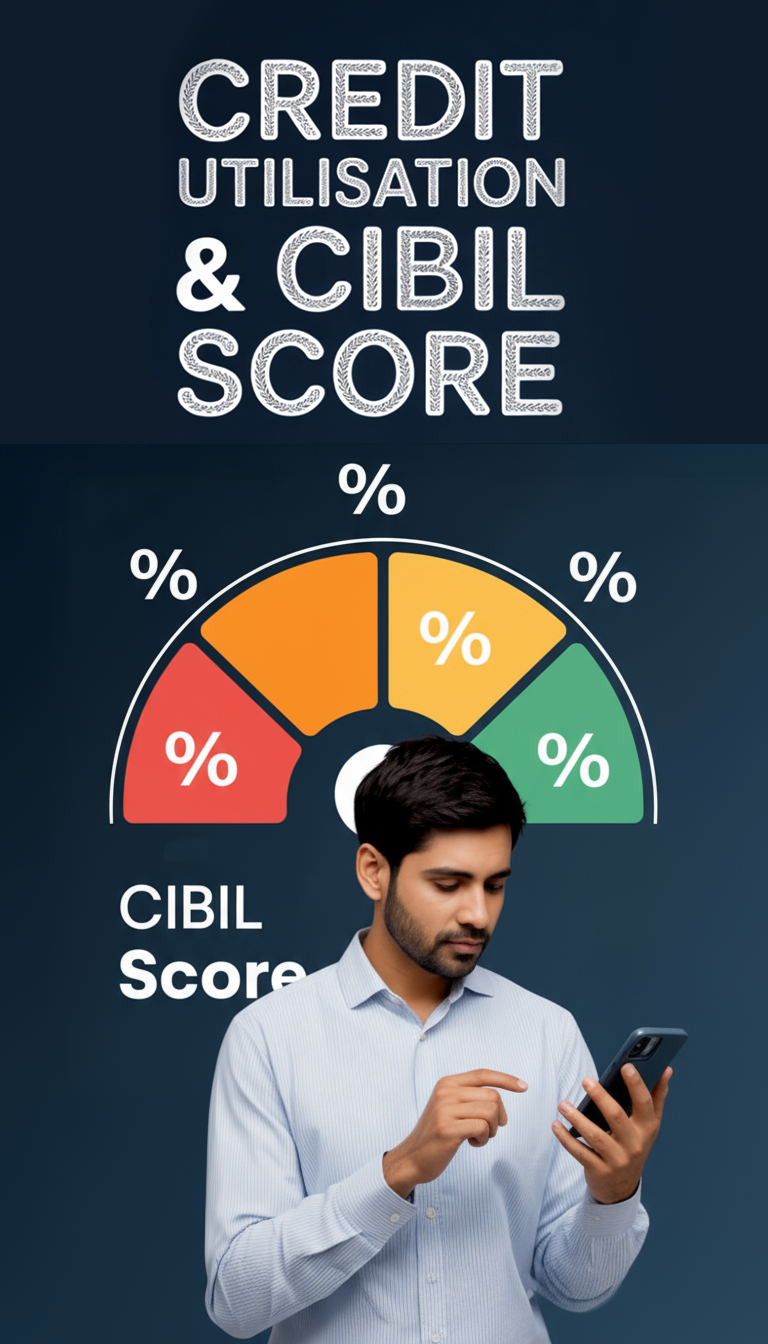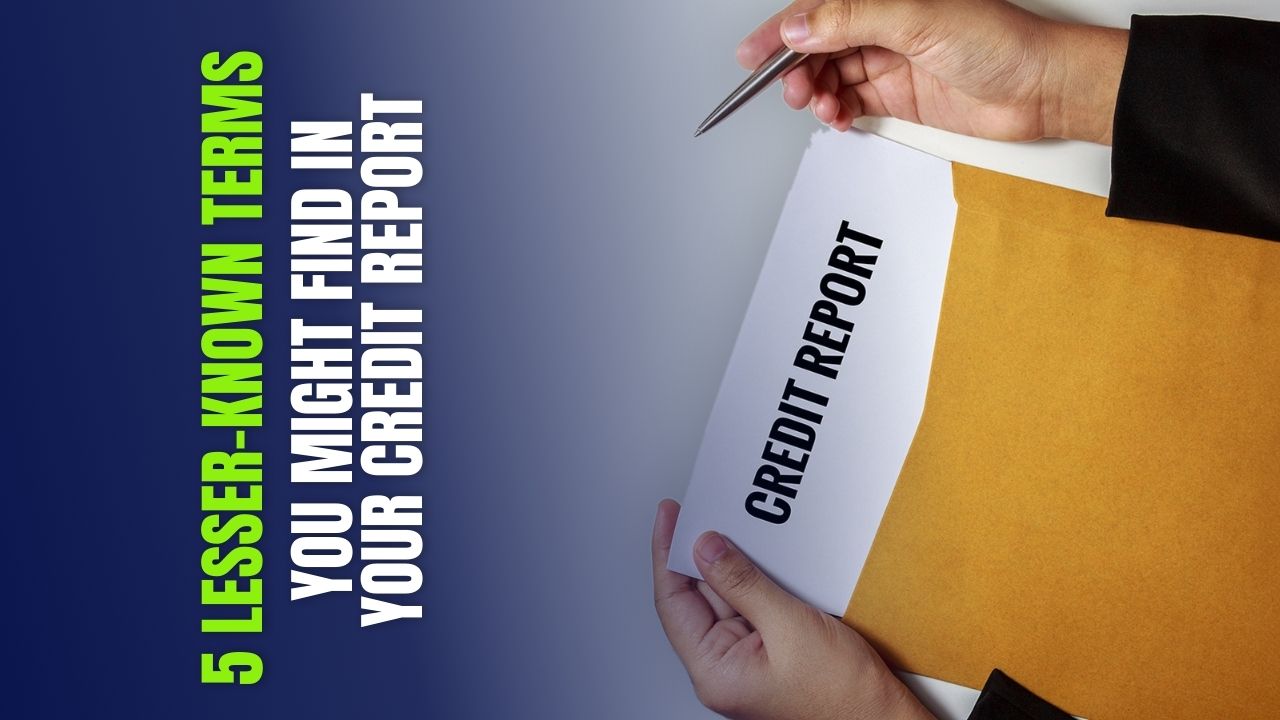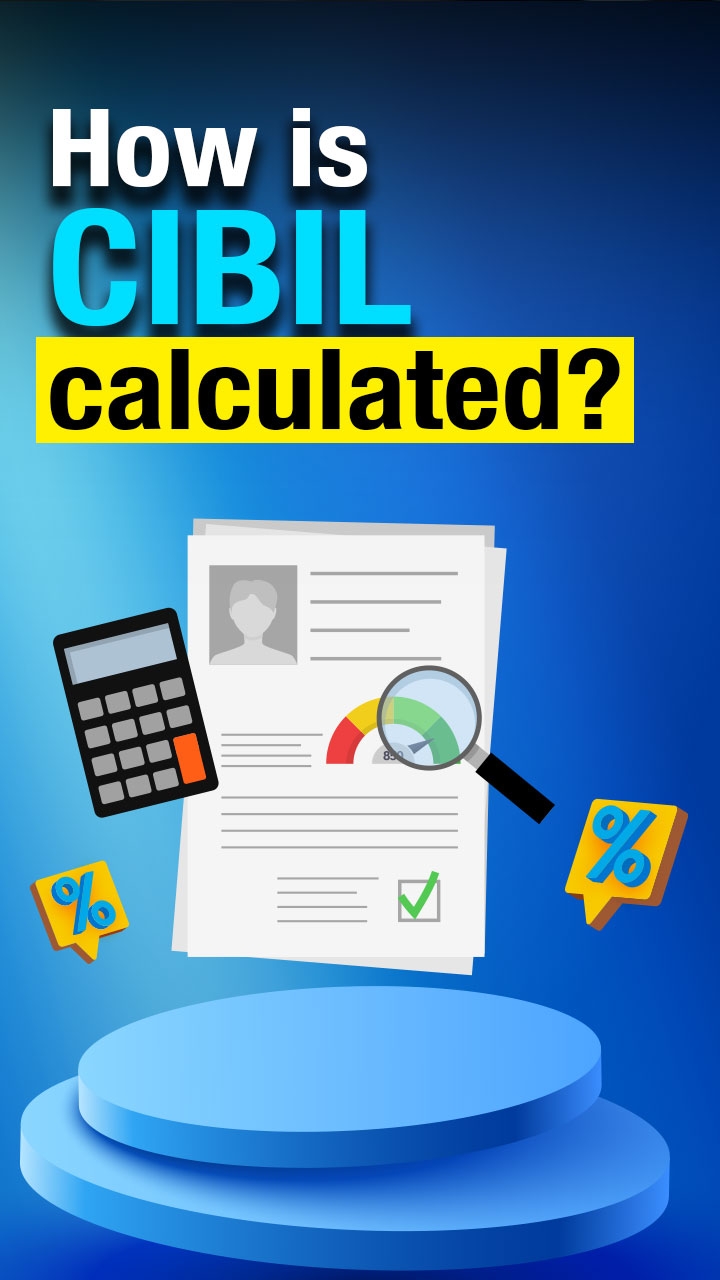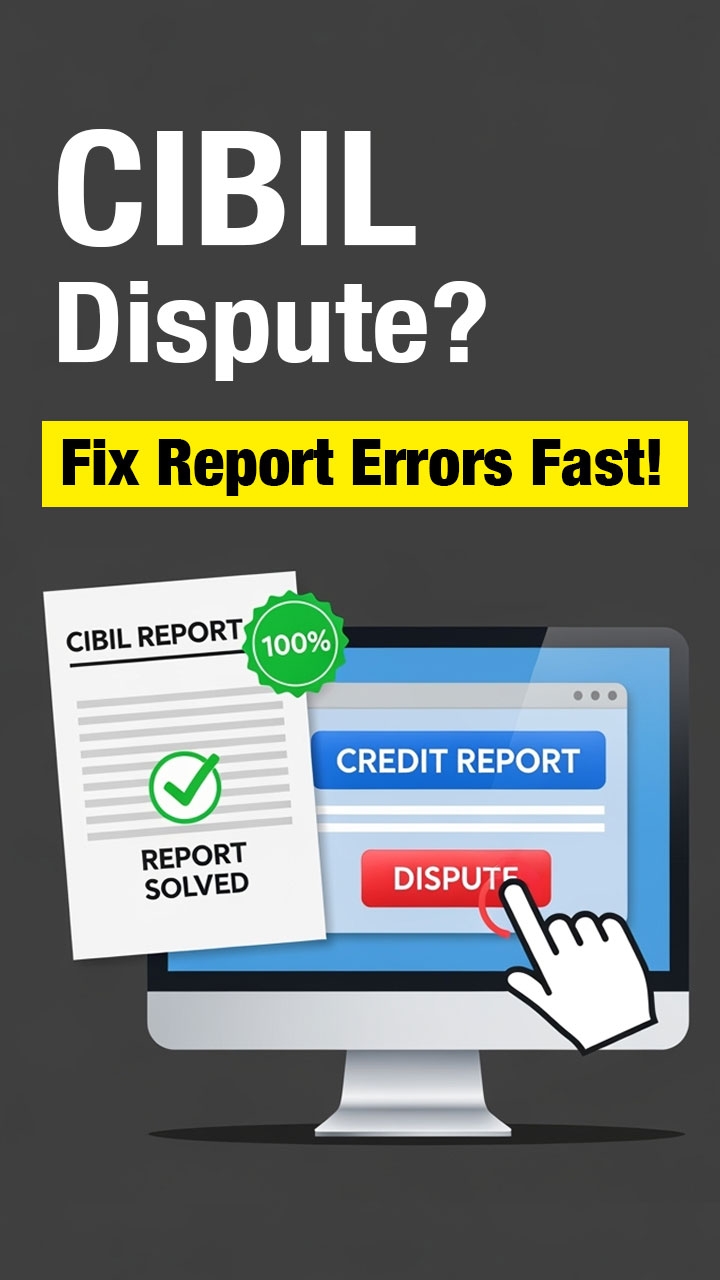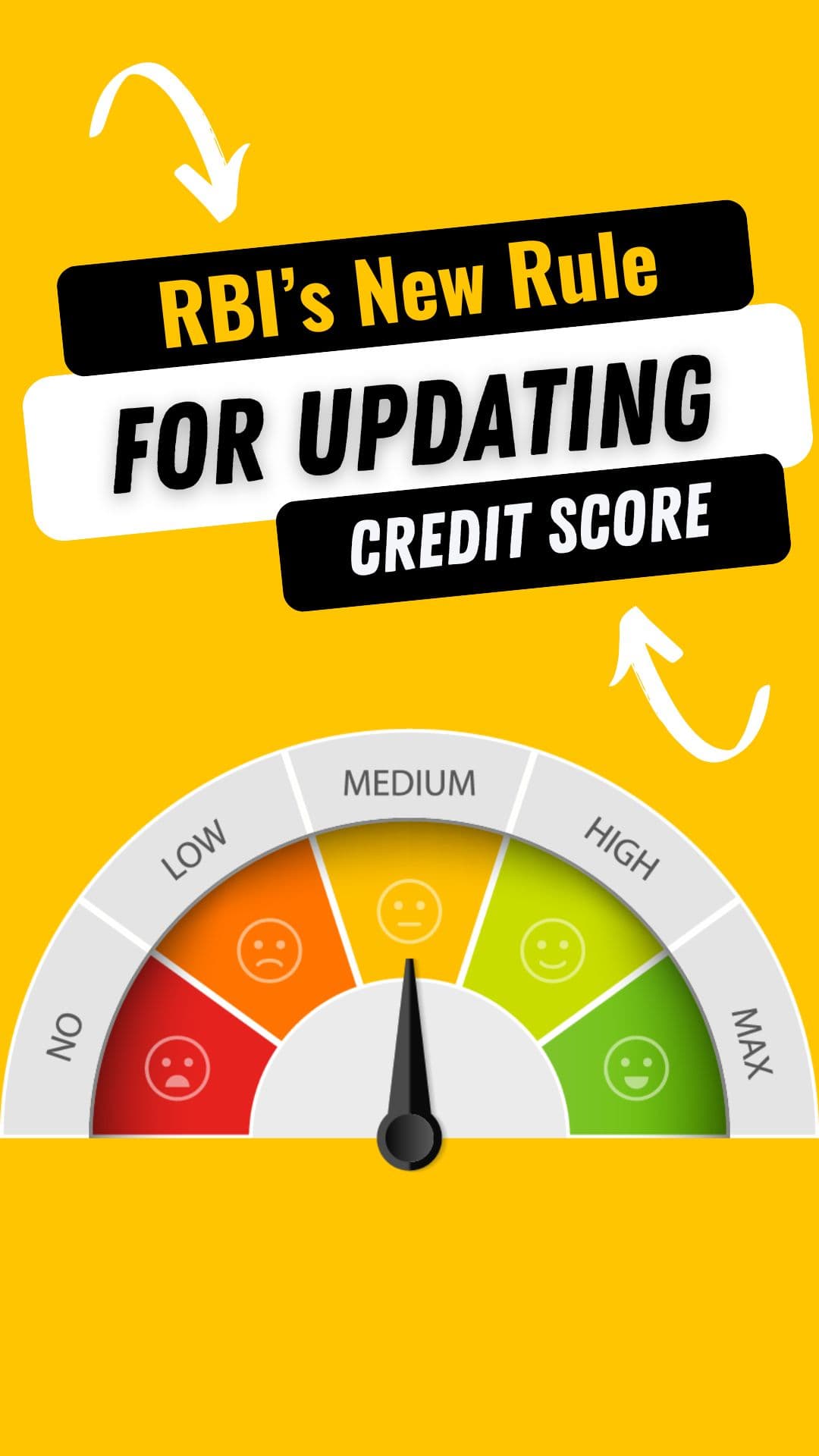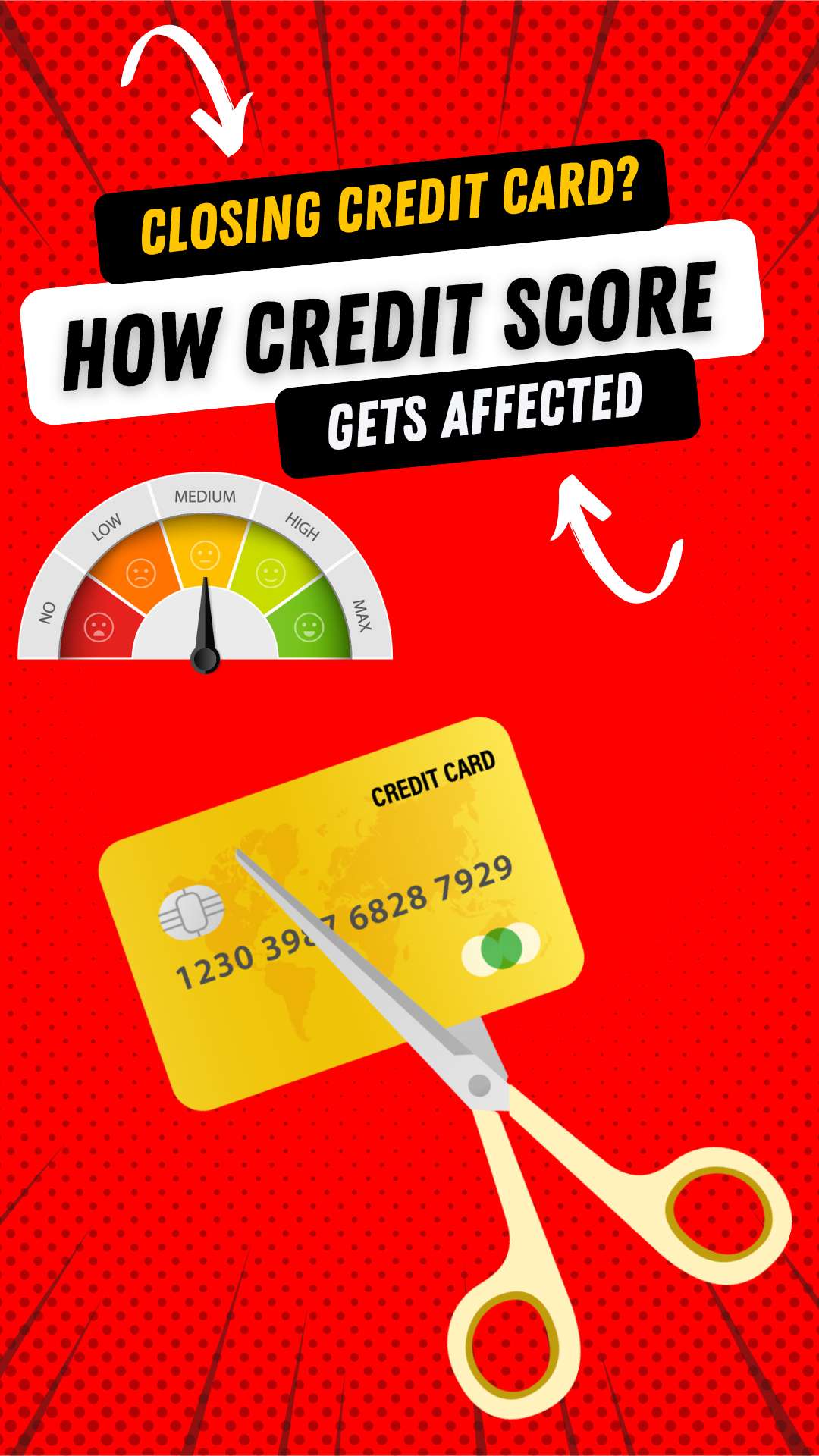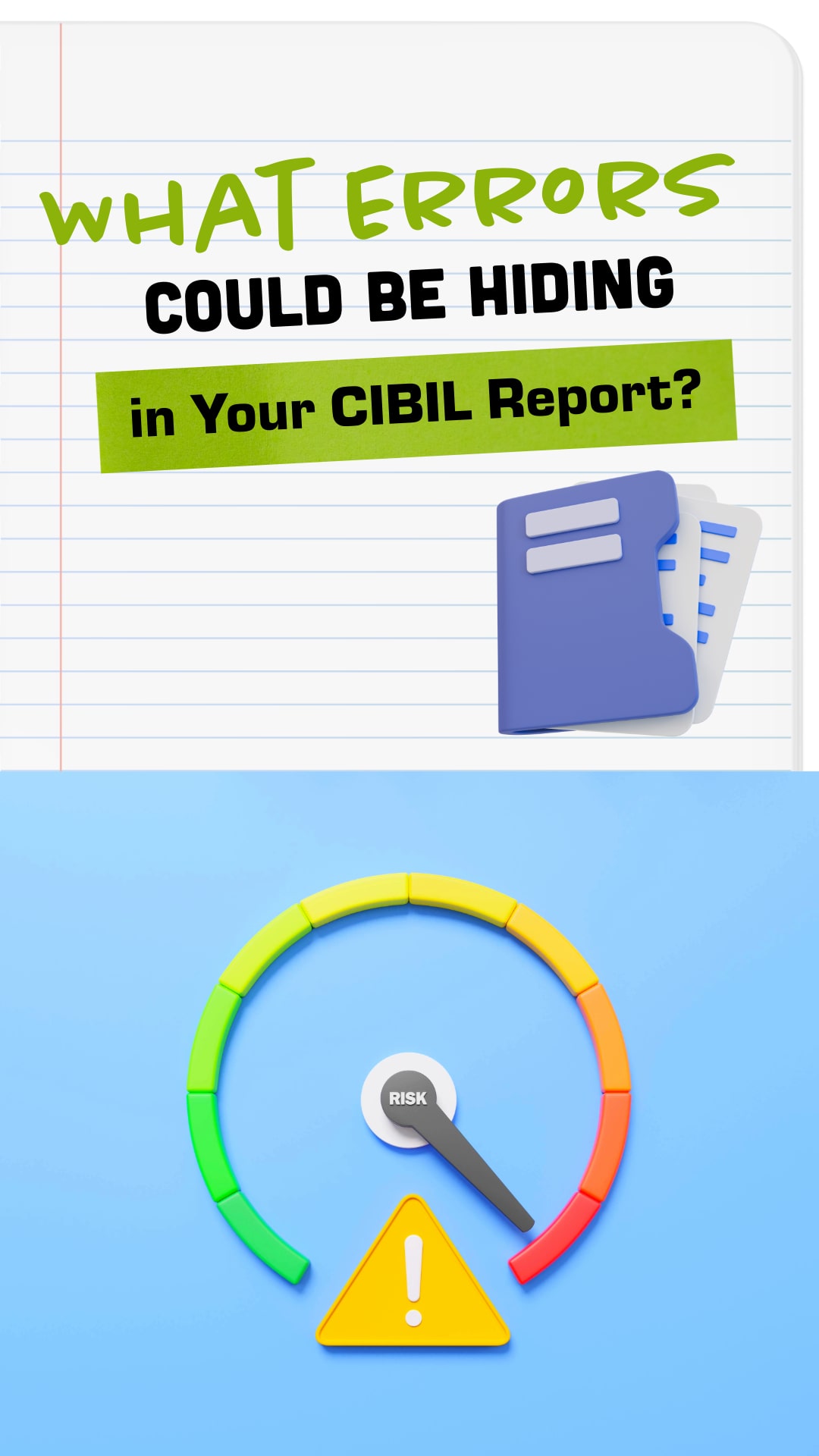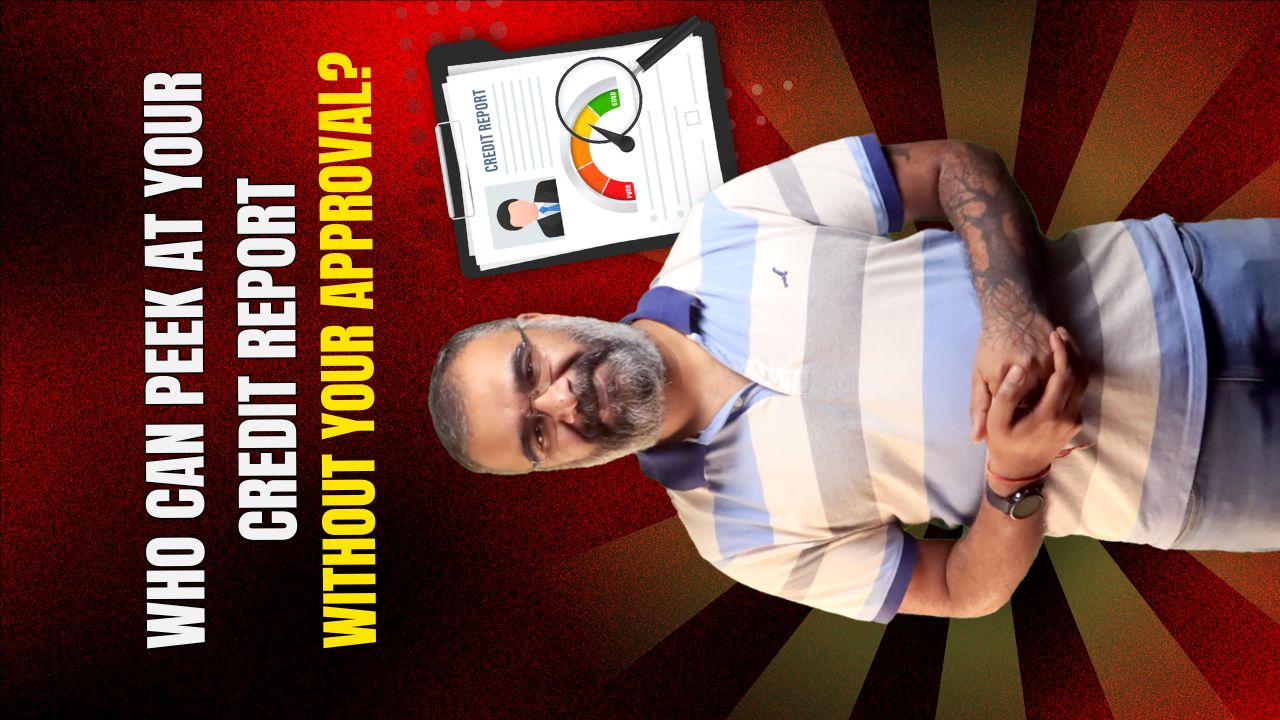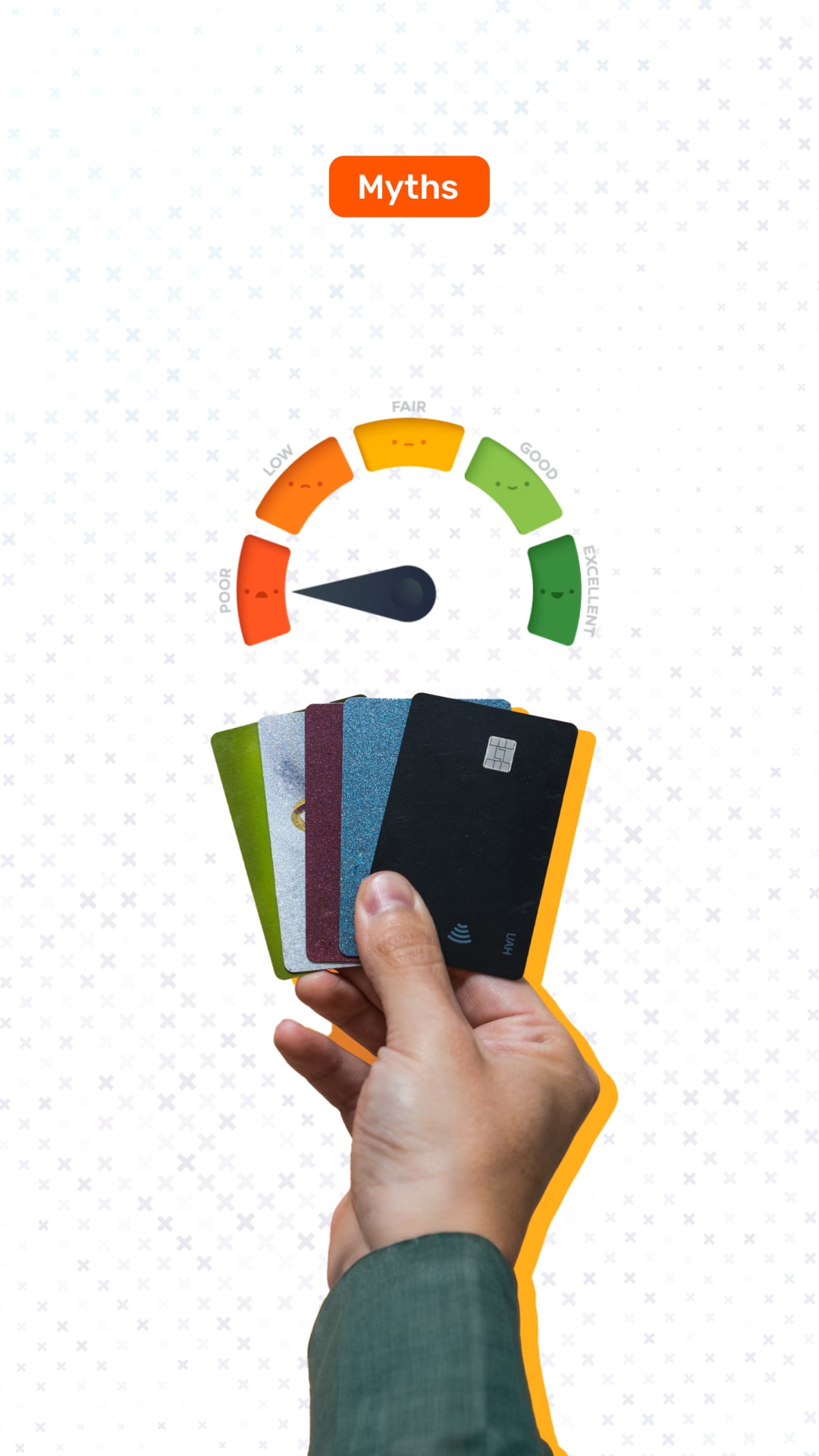Building Credit from Scratch: Strategies for Starting with a Blank Slate
Welcome viewers! In this video, we’re tackling an essential topic—how to build credit from scratch. If you’re a recent graduate, new to the workforce, or starting with no credit history, here are some effective steps to get you started.
Credit is your financial reputation, and lenders use your credit score to gauge your reliability. We'll show you how a secured credit card could be an excellent first step if you’re starting fresh. With a deposit-based limit, you can manage spending responsibly and build your score as you make timely payments. Another great option that you’ll learn about is a credit builder loan. This is designed to establish credit with small, manageable amounts that report positive payments to the credit bureaus.
The video will also explain the possible benefits of becoming an authorized user on a trusted friend or family member’s credit card. Their good credit habits can reflect positively on your report. We’ll also discuss why budgeting is key to any method of building credit. Pay bills on time, as it significantly boosts your score.
Building credit may seem challenging, but with discipline and these strategies, you can create a strong financial foundation. Stay tuned to Academy for more valuable financial tips on credit!

Key Takeaways
Begin your credit journey using a secured card with a deposit as your credit limit to build a positive financial reputation
You can opt for a credit builder loan to establish credit gradually by borrowing a small amount and making on-time payments
Leverage the positive credit history of a friend or family member by becoming an authorized user on their credit card
Create a realistic budget to ensure timely payments, a critical factor in building and maintaining a good credit score
Keep a close eye on your credit by regularly checking your credit report for accuracy
Set up alerts for any suspicious activity, to catch and resolve issues at the earliest
Cultivate hygienic financial habits as they play a crucial role in establishing a sturdy credit footing
What to Watch Next
Bites




















